Nowadays, because of the popularity of coffee and its products, caffeine has become arguably the most popular drug globally. People worldwide consume many foods containing caffeine regularly in coffee, tea, cocoa, chocolate, and soft drinks. Caffeine is found in tea leaves, cacao pods, coffee beans, and kola nuts. Do you have any idea about how much caffeine is in your cup? Ideally, 250 mg of caffeine is quite enough for one day.
Caffeine, a central nervous system stimulant, is the most frequently consumed pharmacologically active substance globally. Occurring naturally in more than 60 plants, including coffee beans, tea leaves, and cocoa pods, caffeine has been part of innumerable cultures. But the caffeine-in-food landscape is changing. From waffles to sunflower seeds, jelly beans to syrup, and even bottled water, the array of new caffeine-containing energy products is entering the marketplace.
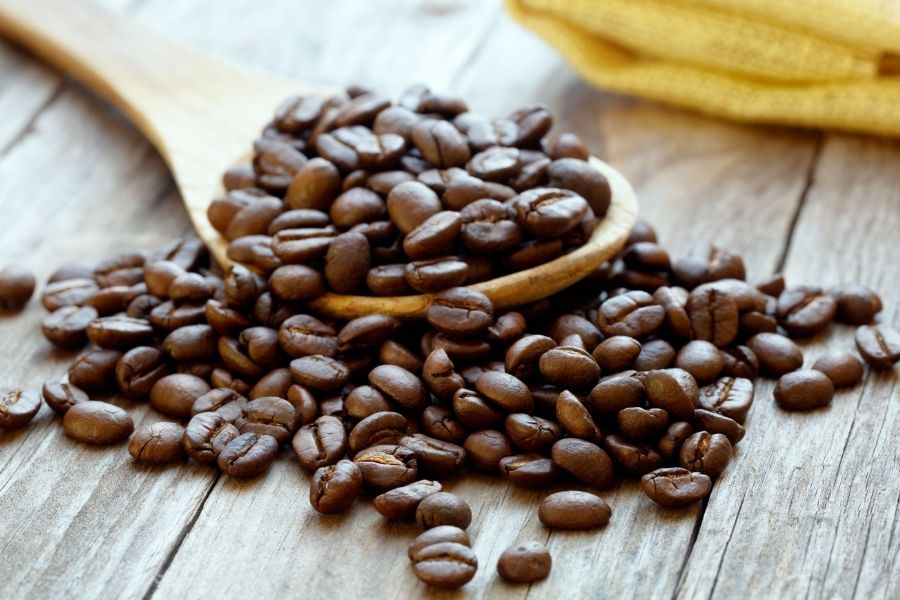
Foods containing caffeine work as a source of energy for the body, some of which include the following:
- Coffee and tea
- Energy/power bars
- Weight-loss medications
- Cold medications
- Pain relievers
- Breath fresheners
- Soda
- Energy drinks
- Chocolate
| Coffee | Serving Size | Caffeine (mg) |
| Dunkin Donuts Coffee | Large | 436 |
| Starbucks Coffee | Venti | 415 |
| Starbuck Coffee | Grande | 330 |
| McDonald’s | Small, 12 oz. | 109 |
| Mc Donald’s | Large, 21oz. | 180 |
Caffeine is commonly used to improve and enhance your mental alertness, but it has many other benefits. Caffeine is consumed by mouth or rectally combined with painkillers (like aspirin and acetaminophen) and a chemical called ergotamine for treating migraine or headaches. It is also used with painkillers for normal headaches. Some people take caffeine by mouth for their asthmatic disorders, gall bladder disease, attention deficit-hyperactivity disorder (ADHD), and other conditions. It’s always better to advise a nutritionist or a physician before taking anything.
Foods Containing Caffeine
1. Decaf Coffee

The name implies that this cup of java delivers all the taste you love without the caffeine, but it is not correct. In 2007, Consumer Reports examined around 36 cups of decaffeinated coffee from six famous coffee standbys, including Starbucks, etc. Compared to the caffeine found in the normal cup (around 100 milligrams), the decaf samples had less caffeine content.
2. Chocolates
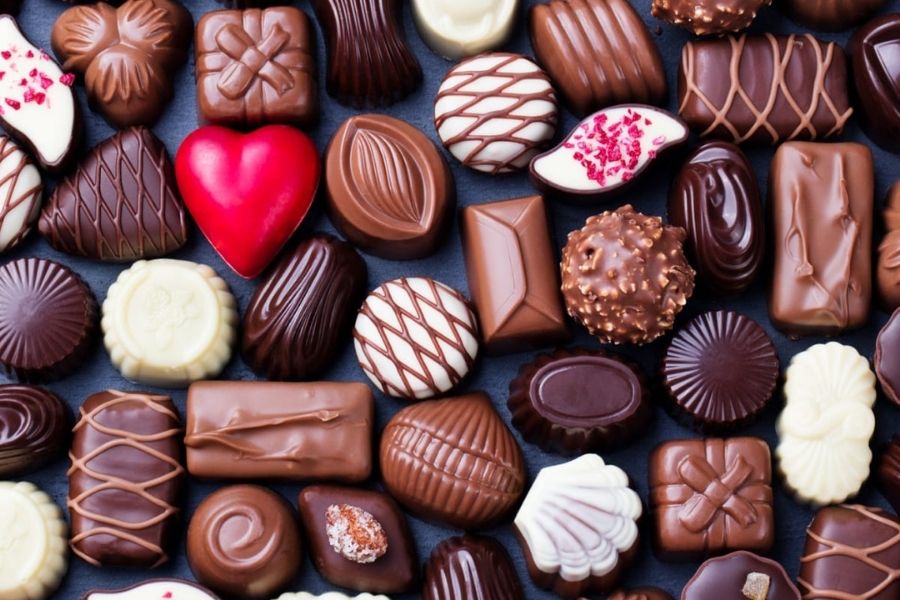
Chocolates are loved by all ages alike and used in many different delicious dessert recipes. Caffeine is found naturally in cocoa beans, so any chocolate has a little caffeine in it. Caffeine content varies according to the chocolates. Candy bars have less than 10 milligrams, but the darker the chocolate, the higher its caffeine content. Dark chocolate has 12 milligrams of caffeine in 1 ounce. A whole bar contains about 70 milligrams.
3. Soft Drinks
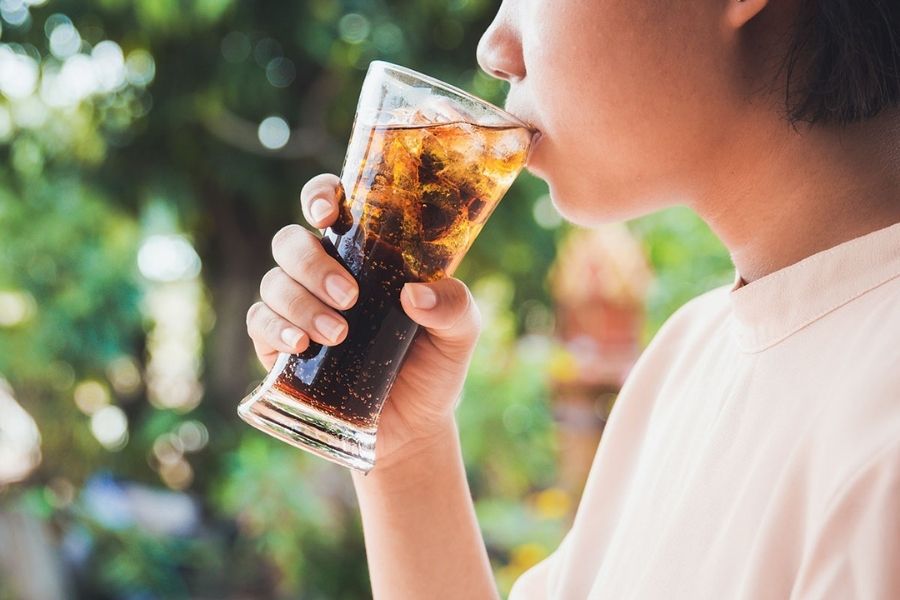
Soft drinks are much favorite food for children and a preferred choice for people whenever eating fast food. People are aware that there is caffeine in cola, especially diet cola, but it is also present in other soda drinks. Do you know that your favorite mountain Dew (diet and regular) contains 91 milligrams of caffeine per 20-ounce serving?
4. Coffee Yoghurt
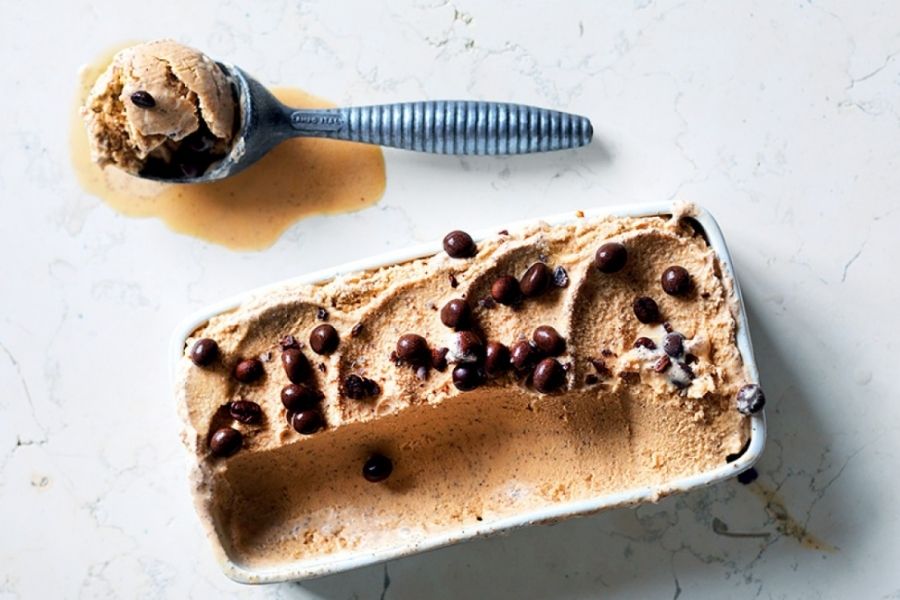
Yogurt and caffeine? Is it too difficult to digest? But coffee-flavored yogurt definitely consists of caffeine. An increasingly popular flavored with breakfast lovers, coffee yogurt is a great protein-filled breakfast; Coffee & Cream blended yogurt has just 2.56 milligrams of caffeine per 5.3 ounces, but Dannon’s low-fat coffee yogurt contains 30 milligrams per 6 ounces.
5. Pain Relievers
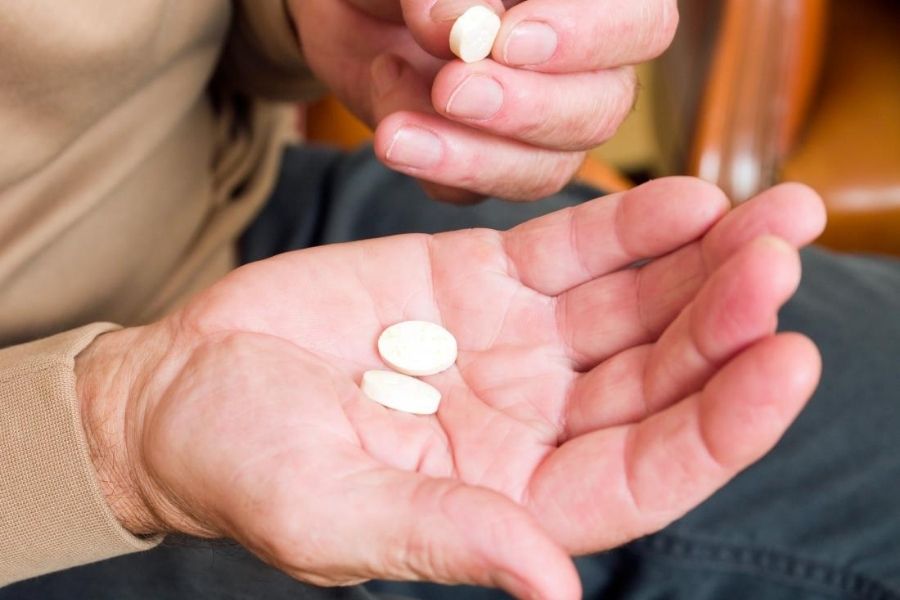
Research suggests that little caffeine can curb headaches symptoms, but it can worsen them in large quantities. Many pain relievers incorporate caffeine to ease the body pain, but if you take more than the label suggests, you could be taking more than you need. In 2015, the European Food Safety Authority published their Scientific Opinion on Caffeine, advising that caffeine intakes from all sources up to 400 mg per day and a single dose of 200 mg do.
Read Also: 7 Sweet Foods For Weight Loss You Can Eat







